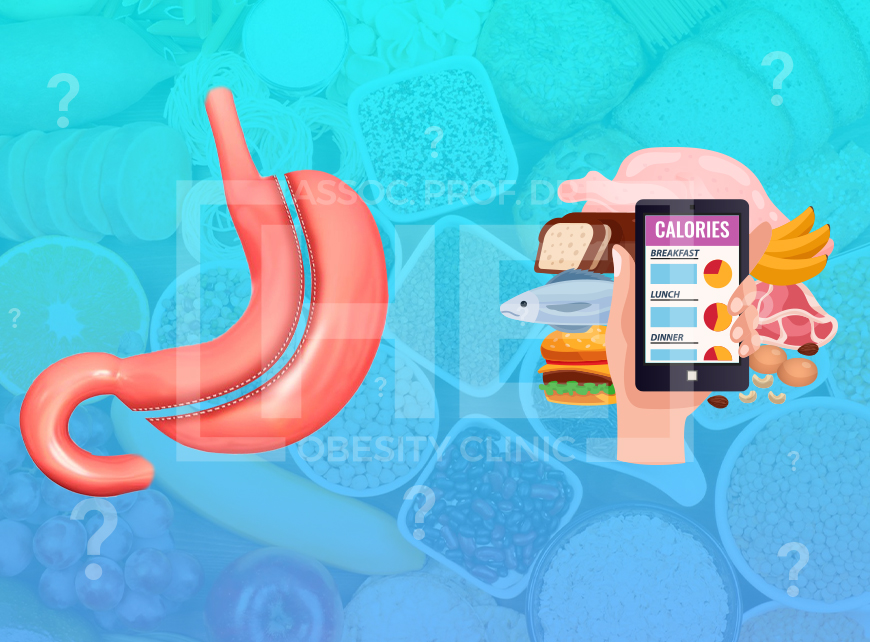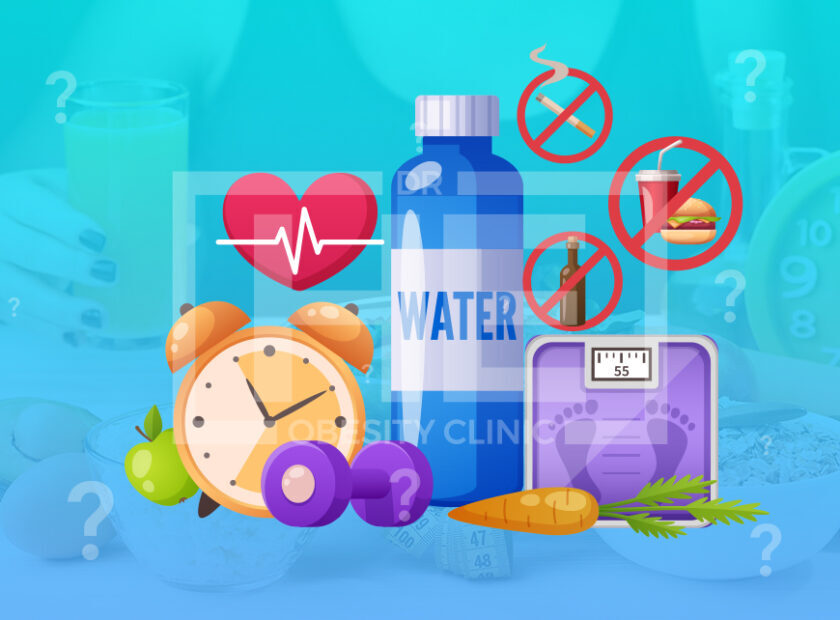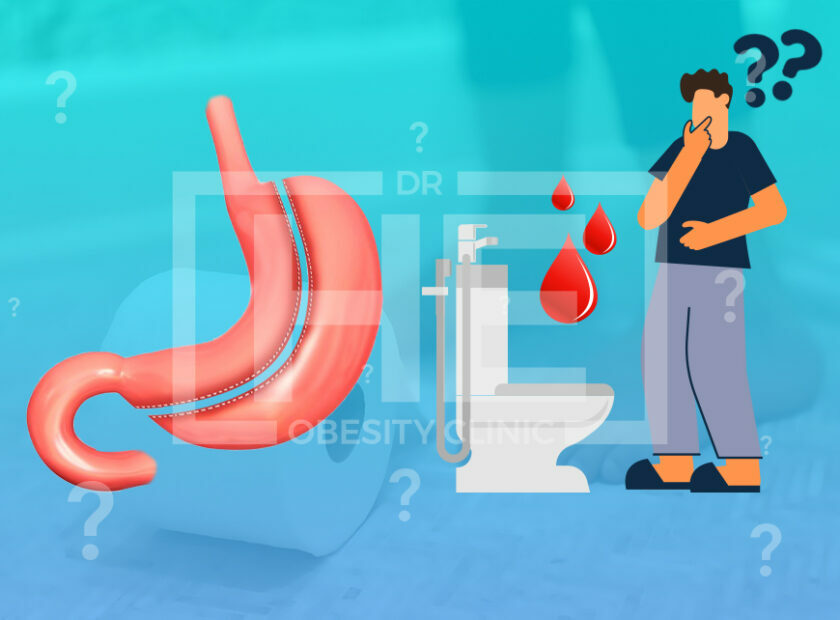
How many carbs should I eat after gastric sleeve? Postoperative nutrition program is as important as obesity surgeries. Balancing carbs after gastric sleeve surgery accelerates the weight loss process. You can think of it as 1 gram 4 calories for proteins, 1 gram 4 calories for carbohydrates and 1 gram 9 calories for fats.
So once you get enough protein, you can balance carbohydrates and fats within yourself. Changing diet and lifestyle are factors that scare every patient and cause them to not take the necessary steps to get rid of obesity.
After gastric sleeve surgery, the appetite almost completely disappears and the feeling of satiety occurs even with small bites, which allows the person to take in fewer calories.
All carbohydrate-containing foods such as bread, pasta and rice should not be consumed. This is because the rapid absorption of such nutrients in the body should be prevented.
When can I start eating carbs after gastric sleeve?
For nutrition after gastric sleeve surgery, support is obtained from a dietitian specializing in his field. The diet list is planned individually. The first 2 months gradually provide a transition from liquid food to solid food. Immediately after the operation, nutrition is started, especially with liquid foods.
From the first stage, vitamin and protein supplementation, especially vitamin B12, is also started. Liquid foods consumed should not be fatty and high in calories. Absorption does not change, your stomach completely digests the food you consume.
In order for your body not to gain weight again, the calorie and fat ratio of the foods you eat must be calculated. Because the number of nutrients will decrease after pp stomach surgery, vitamin and mineral support is needed. Therefore, vitamin and mineral support is provided daily after the operation.
A nutrition list consisting of foods that are high in nutrients, low in calories, and fat is prepared. This list gives weight to vegetables, fruits, and other foods that a person likes. Together with the dietitian, a diet list is created that the patient will consume with love and eat healthily.
How to eat after gastric sleeve?
Foods that are also strictly forbidden in nutrition after gastric sleeve surgery can be considered as alcohol, caffeinated coffee, soda, sugary and unnatural juices. Again, it is recommended to stay away from foods high in calories.
Patients who have surgery, especially in the summer period, should pay close attention to fluid intake. Daily consumption of 2 liters of water is necessary for the kidneys. It should be noted that absolute dietitian support is required for the late period of nutrition after gastric sleeve surgery.
After gastric sleeve surgery, the role of a dietitian specializing in diet is very important in terms of continuous and permanent weight loss. For this reason, the diet list should be prepared by dietitians. Here is some advice on feeding after gastric sleeve:
- Do not consume dairy products and liquid foods and beverages at the same time as meals.
- Liquids should be taken before and 30 minutes after meals.
- Although your stomach is small, regular consumption of high-calorie foods will make you gain weight, let alone lose weight.
- Alcohol is high in calories and will stimulate your appetite, so stay away.
- Food should be eaten slowly, chewed in small mouths, and swallowed slowly. A meal should last 30-45 minutes on average.
- If food is not chewed adequately, it can block the stomach outlet, causing pain, discomfort and vomiting.
- Pay attention to the saturation of the body!
- Stop eating when you feel nauseous. After this feeling, take another bite and you will feel pain, discomfort and vomiting.
- Make sure you get enough protein.
- Your meal should include protein, vegetable and fruit groups first.
- Avoid eating foods containing carbohydrates, such as rice, pasta, bread, cakes, and cakes.
- To avoid dehydration, you should drink at least 1.5-2 liters of water. Otherwise, headache, dizziness, nausea, weakness, white sores on the tongue, black urine, etc. will occur. You may encounter such a situation.
- Avoid all sodas for the rest of your life.
- Do not chew gum and do not use straws to avoid bloating problems for at least 1 month after surgery.
- Remember that after surgery, your stomach can absorb 150-200 ml of liquid during meals. When you eat 2-3 tablespoons of food, you will feel saturated. Do not take in more nutrients after this sensation, otherwise you may feel the stomach contraction. After 6-9 months, your new stomach will guide you how much to eat.
- You should exercise!
- The long-term success of surgery after bariatric surgery is closely related to compliance with the recommended nutrition plan.
Usage of carbs after gastric sleeve surgery
A high-protein diet low in fat and carbohydrates, but rich in minerals and vitamins, is essential for you to stay healthy and lose weight successfully. 70% of the calories you take should be protein-derived.
A drop in protein leads to a decrease in muscle mass, hair loss, a delay in wound healing, and most importantly, a weakening of Defense November. Avoid simple carbohydrates, white sugar and starch.
For example, do not drink sugary tea, do not eat dairy products such as custard, as well as flour and starchy foods such as cakes, cakes and pasta. They not only lose weight, but also lead to Dumping syndrome. Choose complex ones instead of simple carbohydrates.
These are breakfast foods such as corn flakes, potatoes, cakes made from whole grain flour, fruits, vegetables, and especially legumes. However, these should not exceed 20% of your diet. During the feeding period, carbs after gastric sleeve surgery is one of the factors that most affect the post-operative process.
How Long After Gastric Sleeve Surgery Can I Eat Carbohydrates?
Following gastric sleeve surgery, the next question that many patients ask is: “How long can I eat carbohydrates after the procedure?” Carbs are your new source of calories.
Protein and fat will likely remain constant and the amount of carbohydrates you consume will be slightly increased. The key to gaining weight after the procedure is to stick to high-quality carbohydrates and avoid processed and high-fat foods.
The diet that you follow post-op will be strictly controlled by your surgeon. The specific foods you can eat after gastric sleeve surgery will depend on the degree of surgery and your tolerance for it.
As with any surgery, a specialized diet is essential for a successful recovery. For this reason, doctors often recommend that people start a weight-management program before surgery. By following this regimen, patients will have a lower risk of postoperative complications.
After gastric sleeve surgery, you can eat pasta again, but in smaller portions. To avoid any complications, take smaller bites and chew thoroughly before swallowing.
Failure to chew pasta before swallowing can block the small hole leading to the stomach and cause a complication. As for pasta, choose the carbohydrate that works for you. If you are looking for low-calorie alternatives, lentil and chickpea pasta are a good choice.
After gastric sleeve surgery, you should eat small meals at regular intervals. Drink at least 1.5 liters of water per day. Be careful not to drink alcohol for 30 days after the procedure, as this can exacerbate the side effects.
Alcohol, for example, contains high amounts of calories and can contribute to dehydration. Also, alcohol can trigger nausea and vomiting.




